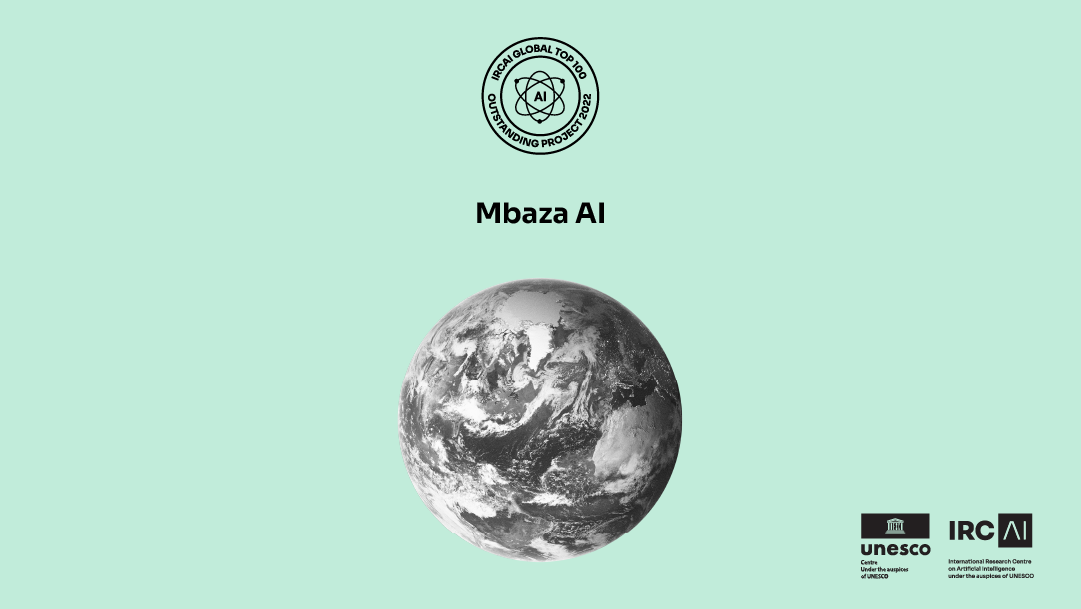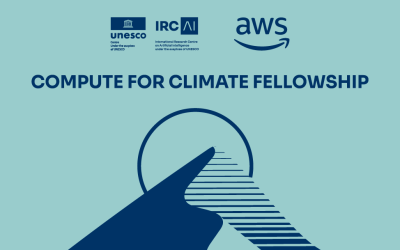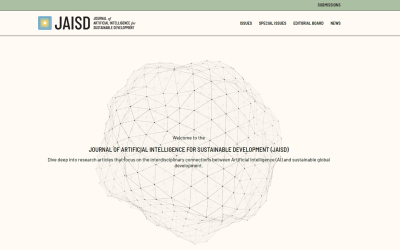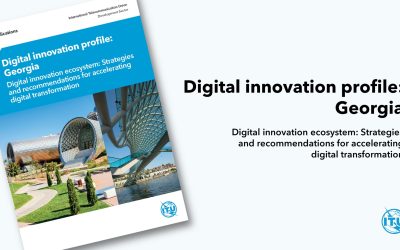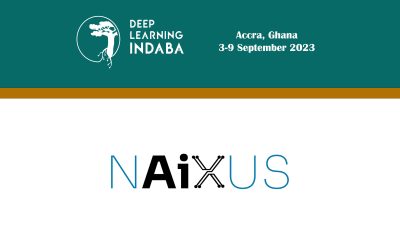After a thorough scientific, ethical, and business review of all projects submitted to the 2022 IRCAI Global Top 100 call, IRCAI has deemed ten submissions as “outstanding” based on their AI integrity, potential impact on the SDGs, business sustainability, and ethical design. In this article, we would like to introduce yet another among the ten submissions: Mbaza AI is an open-source algorithm developed by Appsilon to monitor biodiversity at scale “without the need of an internet connection or the latest hardware”. Earlier this month, at our UN STI Forum side event, Jędrzej Świeżewski (Head of AI at Appsilon) explained how the algorithm can help inform conservation efforts.
Global warming, deforestation and poaching
Forest mammals of Central Africa are finding themselves in an increasingly challenging environment. Rising global temperatures and land conversions are pushing them to move poleward or to higher elevations in search for suitable habitats. Driven by global demand for bushmeat and other animal parts, the mammals are put under further pressure, exacerbating existing population declines and their risk of extinction. To monitor the wildlife, small devices (called camera traps) have been installed across numerous remote ecosystems such as rainforests. These can capture images of bypassing wildlife. However, “the challenge in using them is that they collect vast amounts of images”, explains Jędrzej. Typically, processing a single batch of such images can take up to several weeks, leaving countless images unclassified.
Automating the process
The algorithm Mbaza AI enables an automation of that process: It can process up to 3000 images an hour, saving thousands of hours of manual labour. “To date, Mbaza AI has processed more than 500 thousand images, contributing to the protection of endangered species”, as proudly stated by Jędrzej. The underlying models have thereby been trained on vast datasets of pictures (exceeding 10 million). The application can also operate fully offline. “This is particularly useful in the remote areas such as rainforests because internet access is often very scarce there”, he stresses.
An intuitive tool
The team behind the algorithm has given a particular effort to making the application as user-friendly as possible: “This makes it easy to use by people without strict computer science backgrounds, which is particularly useful for national park rangers”, explains Jędrzej. Moreover, distributed completely free of charge under an open-source license, everyone who is willing to contribute is “invited and welcome to do so”.
Mbaza AI is a joint effort by Appsilon and academic, governmental and non-governmental partners. More information about the open-source algorithm can be found on Appsilon’s website. The underlying code is available on GitHub. Jędrzej also co-authored articles on the automated labelling of camera trap images for ecological analyses (see this and this article).
